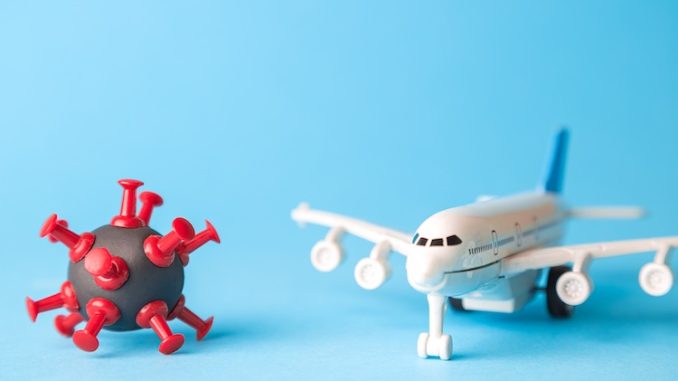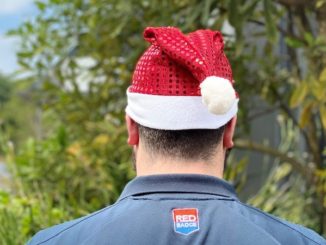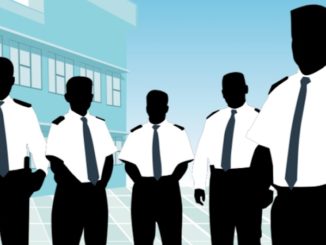
New Zealand Security Association (NZSA) CEO Gary Morrison delivers a strong but measured rebuke of mainstream press coverage of security mishaps at Managed Isolation Facilities (MIFs).
Articulating his pride over the work of private security personnel and their employers in supporting COVID-19 response measures, Mr Morrison took aim in a recent newsletter to NZSA members at what he described as “negative coverage targeted at the industry.”
“Over the last six months I have observed the industry as a whole, including employers and employees, stand up and deliver essential services to a high standard despite what have been extremely difficult economic and social conditions.
“I have found it very difficult and challenging therefore to deal with and respond to the recent negative coverage targeted at the industry in relation to the provision of security services at the Managed Isolation Facilities (MIF’s).
In his rebuttal of recent media coverage, Morrison took aim at a seeming lack of understanding of the issues by media, including an apparent undue focus on security guarding as a weak link.
“There is absolutely no doubt that perceptions and opinions, be it of politicians, the press or the public, are influenced by wider issues and events that are largely inconsequential to the matter at hand,” he continued. “In our situation we faced a backdrop of major shortfalls and deficiencies in the delivery of private security providers in Melbourne.
“The security model used in Melbourne was however significantly different to that used in New Zealand – in Melbourne all security at the MIFs was delivered by three private security providers using a multitude of subcontractors. Locally, private security makes up approximately 25% of those on site at the MIFs and services are delivered by a number of providers rather than subcontractors.
“Opinion was also influenced by regular press reports of guards being found asleep and working dual roles as uber drivers,” he noted.
“The reality is that there was a handful of security staff caught sleeping early in the commencement of services, several of whom were employed by Aviation Security, but allegations of staff working dual roles appear to be unfounded.”
According to Morrison, accompanying the media’s one-eyed focus on guarding issues was a failure to recognise the specialised skills and organisational infrastructure that private security providers alone are able to bring to bear in securing MIFs. Where there were gaps, measures had been put in place to close these.
“What also goes unseen and unrecognised are the efforts made by security providers to address any shortfalls and seek continuous improvement, such as implementing 15-minute welfare checks during night hours and implementing new technology to monitor staff locations and welfare,” he wrote.
Nevertheless, Morrison conceded that there were guarding shortfalls and that these needed to be addressed by security providers and by the private security industry in general.
“It is evident that a significant number of private security staff working at the MIF’s are still on their blue “temporary” licenses. Whilst some of these staff will have had delivery of the green “full” licenses delayed by Covid-19 restrictions, the reality is that many will not have completed the mandatory training requirements since commencing employment. This is not acceptable and must be addressed urgently by those security providers concerned.
“Similarly, there is a clear need for some security providers to lift their recruitment standards and processes to ensure that workers are fit for purpose,” he continued. “This also includes electronic security providers and the need to cultivate and develop new entrants into the industry rather than the traditional bringing in workers from overseas and poaching between providers.
“From an association perspective it is clear that we need to further improve our relationship with government and government agencies and to look at strategies and initiatives that will further promote best practice within the security industry.”
Nevertheless, Morrison stated that the industry had much to be proud of as a result of its contribution to New Zealand’s response to COVID-19, and in particular the role that private security providers have placed in providing enhanced security services to assist with crowd control and physical distancing procedures during the various COVID Alert Levels.
“The events over the last six months haven’t dented my pride in the industry,” he concluded, “but they have been a timely reminder that while we have achieved a lot over recent years, we still have much to achieve.”
Comment below to have your say on this article.
If you have a news story or would like to pitch an article, get in touch at editor@defsec.net.nz.
Sign up to DEFSEC e-Newsletters.








